Fact Sheets

Composting
Composting at home can help reduce your environmental impact while also providing benefits to your soil.
Learn more about composting
Energy Efficiency
Local governments can save money and reduce local emissions by focusing on increased energy efficiency.
Learn more about energy efficiency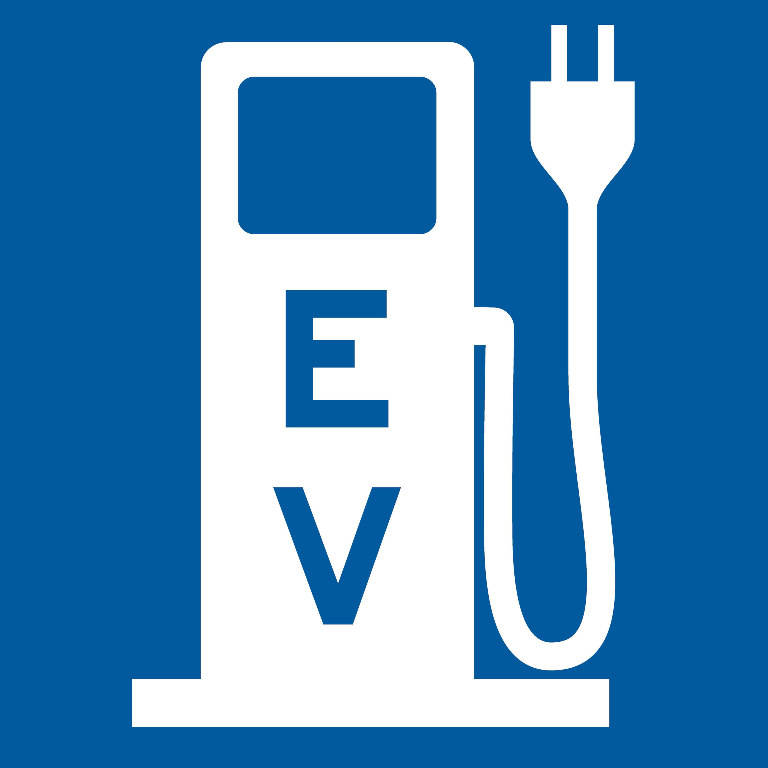
Electric Vehicles
Deploying electric vehicles can reduce local government operating expenses and improve public health.
Learn more about electric vehicles
Extreme Heat in Indiana
Through planning, communities can reduce the impacts of extreme heat.
Learn more about extreme heat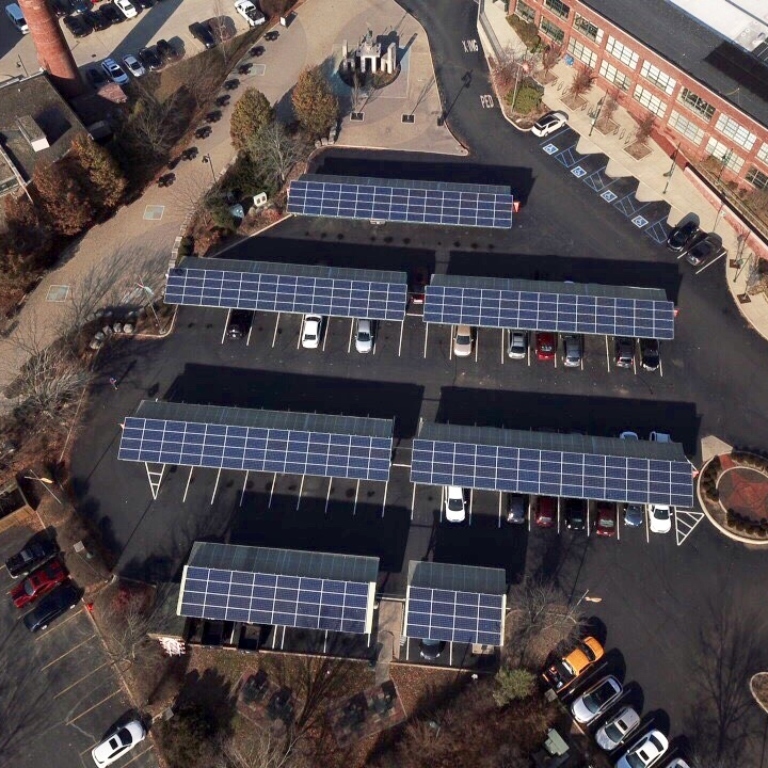
Facilitating Solar Development
Local governments can take steps to maximize the benefits of solar energy.
Learn more about solar development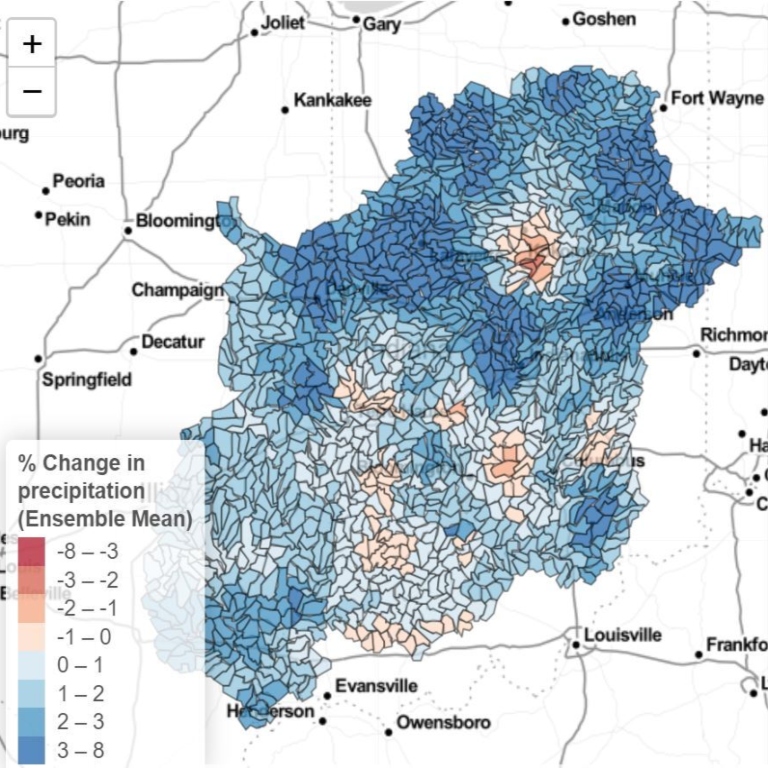
FutureWater
A tool developed by IU researchers forecasting what climate change means for Indiana's water resources.
Learn more about FutureWater
Greenhouse Gas Inventories
Inventories can help communities identify reduction targets and strategies.
Learn more about inventories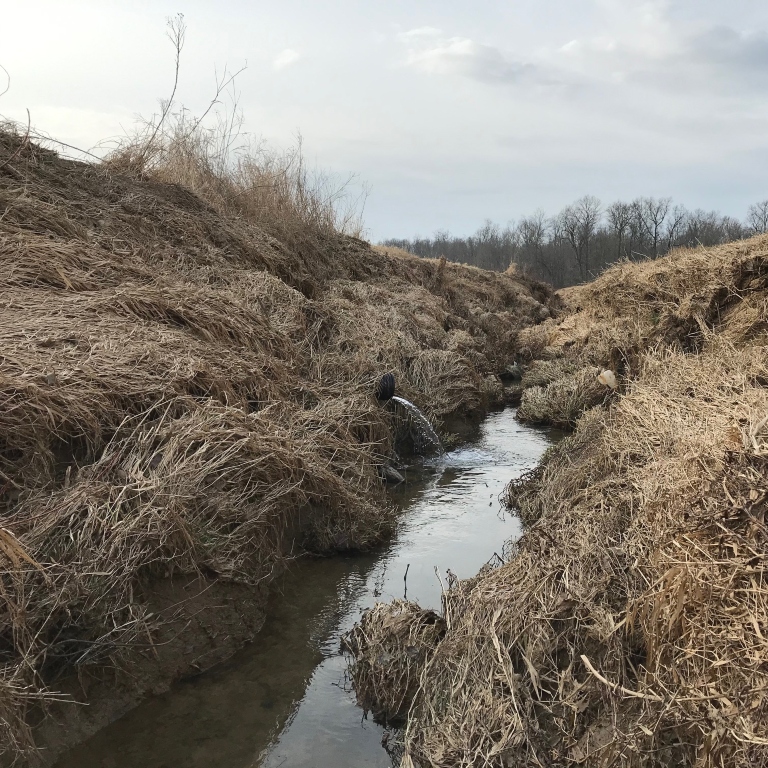
Nonpoint Source Pollution
Nonpoint source pollution is the leading cause of water quality problems in Indiana.
Learn more about NPS pollution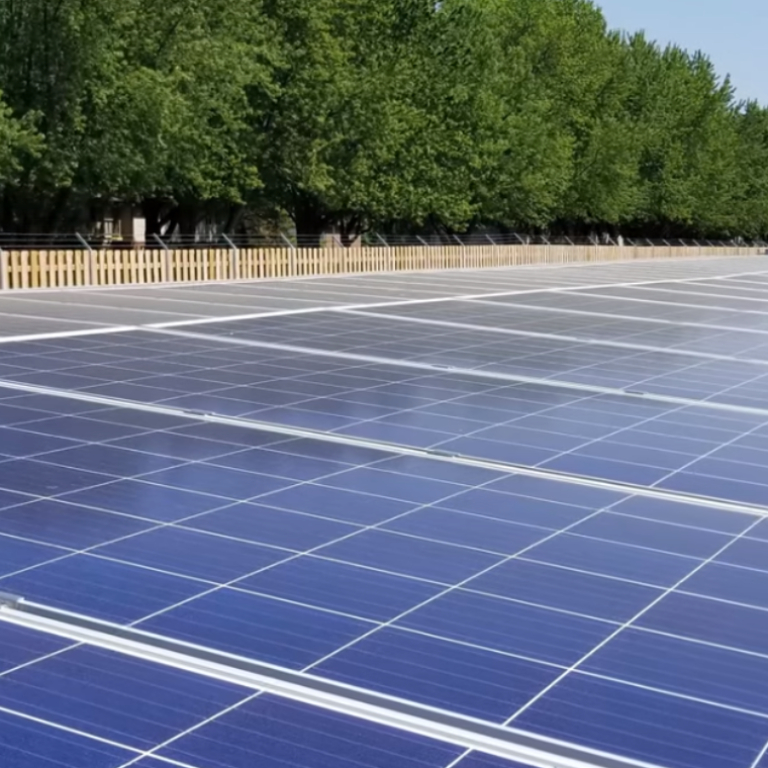
Renewable Energy
Capitalizing on renewable energy resources can help local governments bolster resilience and save money.
Learn more about renewable energy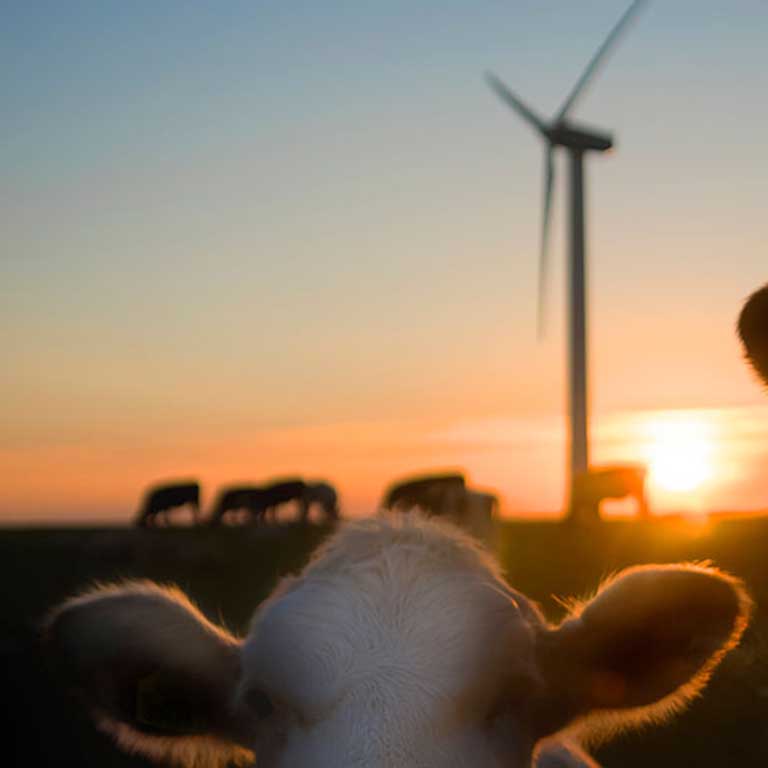
Resilience
Indiana can lessen the harmful impacts of climate change and protect its economy and way of life by becoming more resilient.
Learn more about resilience
Tick Control
Minimize the health threat posed by ticks in backyards and green spaces by implementing a few best practices.
Learn more about tick control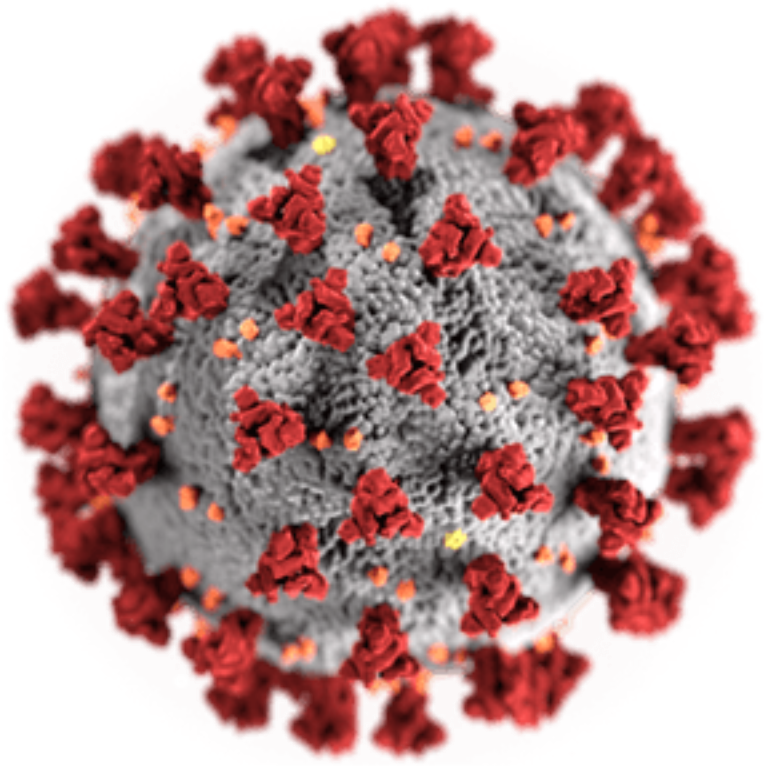
Zoonotic Diseases
Stopping or slowing the emergence of zoonotic diseases will require global collaboration to reduce the root causes.
Learn more about zoonotic disease

